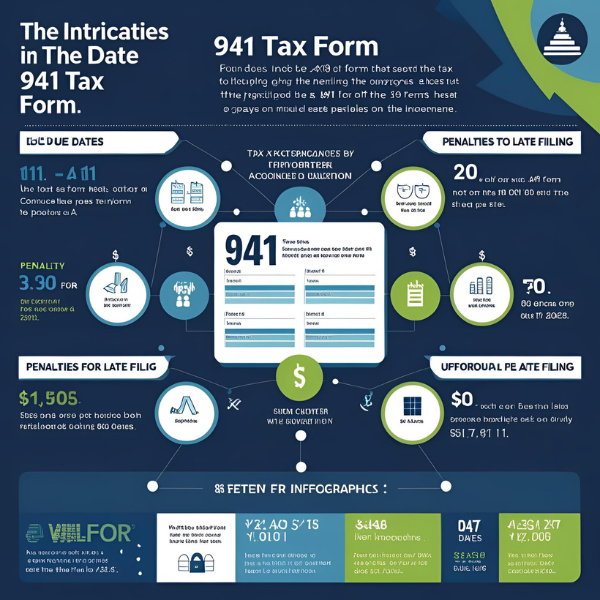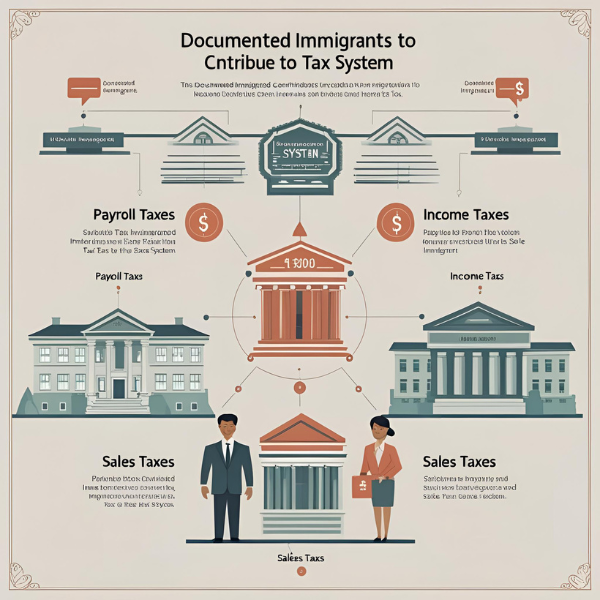
Do I Need a Financial Advisor?
Sorting out your business wealth might have engaged you in perplexing thoughts, such as do I need a financial advisor or not, because people are looking forward to tackling even minor messed-up budgetary situations. Regardless of the industry you’re working in, the fluctuations in the world of business and trading might compel you to consider reinforcements and hire tax advisors.
Looking through an extracted inventory of trustworthy and top financial advisors is recommended to inspect before employing any of them to manage your accounting and financial matters. The answer to your question, ‘Do I need a financial advisor?’ depends on the fiscal circumstances of your company.
Current situation of your firm, professional future goals, and the extent of comfort and mental satisfaction being offered while joining hands with other corporations or while investing in assets of your interests are a few determining factors for you to find solutions to, ‘Do I need a financial advisor?’.
How to Choose the Right Financial Advisor?
On a broad spectrum, financial advisors map out a complete set of actions for efficient organization and management of your wealth, including a retirement plan. Depending upon their expertise and experience in the field, some advisors offer a wide range of services, while others narrow their services to a particular niche.
Despite the expansion of their services, the right financial advisors are focused on offering the completion of the following tasks:
- Carefully curated and prolonged design of the best suitable budgetary plan with ample supply during the retirement phase.
- Timely management of the investment portfolios.
- Investigating about and suggesting opportunities for investment that aligns with your financial situation.
- Assisting in matters coming up with an estate plan. It also includes tax return preparation, purchasing an insurance plan, buying a new house, or saving money for your child’s higher education.
DIY Financial Management
Instead of hiring experts, your financial circumstances can determine whether you can devise your plan, known as a do-it-yourself financial plan, and act according to it to track your prospective situations and wealth goals. The essential elements of a DIY budgetary plan comprise the following:
- Accountable wealth for expenditure estimation
- Savings for emergencies
- Debt management
- Retirement plan
- Financial goal

Accounts Evaluation – Do I need a Financial Advisor?
An in-depth investigation into ‘Do I need a financial advisor?’ requires an extensive and detail-oriented detection of your organization’s monetary circumstances. It provides a clear image of where your firm is currently standing, what goals need to be achieved for better sustenance, and if you need professional guidance from financial advisors. Signing up for their expertise requires you to consider the following decisive factors:
1. Monthly Earnings and Expenditure
An eager eye can predict the need to hire a relevant professional(s) by looking at the monthly earnings and expenditures. The surveillance of such matters can provide you with an idea and answer to your question. ‘Do I need a financial advisor?’. In addition to monitoring the expenses, your average costs can determine if you need to reduce the financial outgoings or bump up your investments for savings and retirement plans.
Click here to learn more about ‘How to Become a Tax Advisor?’.
2. Calculating Net Worth
We already know that a positive net worth is always more beneficial than a negative net worth. A general method to estimate your net worth is by subtracting your liabilities (what you owe, such as mortgage costs and credit card bills) from your assets (what you own), including bank accounts and investments.
In short, net worth isn’t your monthly income but rather an idea that helps you understand the earnable amount that decides how much you can save and where you can spend, where necessary.
3. The Extent of Investment Risk
The most straightforward tip to assess the level of investment risk within your comfort zone is the gut feeling you get while visualizing the fluctuating graph of stocks. Does a high graph line make you as lionhearted as a well-established business tycoon or apprehensive towards chaotic movements in the stock markets? Financial advisors help you devise a plan concerning your investment strategy by nailing down your risk tolerance regarding investments.
4. Short- & Long-Term Financial Goals
A wholesome financial management plan offers and outlines your short- and long-term financial goals so you can mend your decision towards hiring a financial or business tax advisory professional. Whether planning to build your dream house or going on an international tour to your favorite destinations, managing wealth can help you achieve your financial goals.
How to find a financial advisor?
Finding an experienced financial advisor requires several steps, to make sure they can meet all of your unique financial goals and needs. Here is our guide on how to find one:
A financial adviser or financial advisor is a professional who provides financial services to clients based on their financial situation. In many countries, financial advisors must complete specific training and be registered with a regulatory body in order to provide advice.
Assess Your Needs:
Identify your financial goals – retirement planning, investment management, tax and estate planning are among those to keep an eye on – to determine your specific requirements and find a professional with appropriate expertise.
Research Advisor Types:
There are various kinds of financial advisors, such as Registered Investment Advisors (RIAs), Certified Financial Planners (CFPs) and brokers, so it is wise to conduct extensive research on them so as to gain an understanding of their qualifications, services offered and fee structures.
Consult Recommendations:
It can be extremely valuable to obtain recommendations from friends, family and colleagues as this gives an indication of an advisor’s reputation and service quality.
Credentials and Experience:
Search for financial advisors that have the necessary licenses from regulatory authorities and certifications such as Certified Financial Planning (CFP). Such evidence demonstrates expertise in financial planning.
Interview Multiple Advisors:
Speak to various advisors regarding your financial situation and goals, asking about their investment philosophy, approach to financial planning fees and client services offered.
Gain An Understanding Of Fee Structure:
Before meeting with any advisor, inquire into their compensation structure – be it fees or commissions (or both), to identify possible conflicts of interests associated with each fee structure.
Review Past Discipline History:
Prior to hiring any advisor, make sure they have no disciplinary history with regulatory bodies such as the Securities and Exchange Commission (SEC) or Financial Industry Regulatory Authority (FINRA) that could negatively reflect on them.
Assess Your Communication Style:
Look for an advisor who communicates clearly and regularly while taking time to comprehend your individual needs and concerns.
By following these steps, you can identify an advisor that aligns with your goals, values, and financial situation in order to make informed decisions and reach your financial objectives.
Pros and Cons of Working With a Financial Planner
There are many benefits when working with a finance expert:
- Your advisor saves you time. They will research options for investing and track your investments’ performance to ensure you don’t need to.
- The advisor you choose is an experienced expert. Based on your investment expertise, working with an advisor instead of doing it yourself may result in more investment success.
- Your advisor’s advice is to prevent you from making costly emotional choices. An investor’s emotions can be their biggest adversaries. The presence of an advisor and your investment can give you an environment that allows you to remain calm in times of volatility.
There are also disadvantages such as:
- Advisors charge fees for their service. Some advisors charge commissions when you purchase investment products, while others require an annual fee. Whatever the case, fees charged by advisors lower your investment return.
Many advisors can be expert advisors. Selecting the right financial adviser is a difficult decision. Begin by looking through our directory of wealth advisors to locate a financial adviser near you. Find a variety of candidates to interview and review their references. The most desirable candidate is the one who’s economically savvy; however, they must also be likable and reliable.
The Bottom Line
It is concluded that you are always open to avail professional services whether you own moderate or limitless income. Financial management can also be carried out via DIY plans, as explained above. However, be mindful about interrogating the type of services offered and what amount is being charged. The sooner you reach out for our expertise, the more successful you could become.


